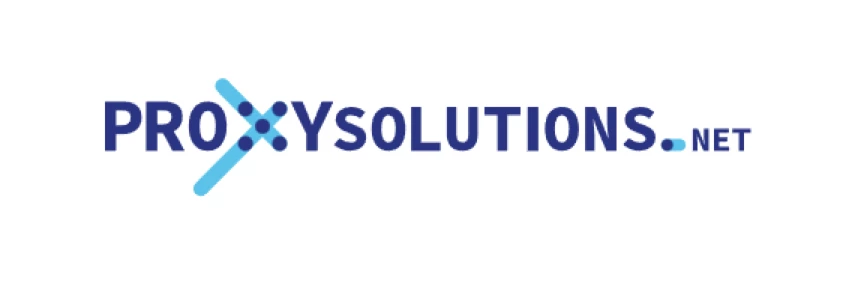Proxying traffic through remote servers offers several advantages, the most significant of which is anonymity. By masking the identity of the user making the request, it becomes possible to bypass protections and restrictions set by both internet service providers and individual web resources.
It’s important to note that not all proxy servers are anonymous. In a local network, proxy servers can be used for caching data, acting as a Content Delivery Network, enhancing web security, providing network access for local computers, and more. Remote proxy servers are often used to hide the true origin of requests, utilizing private or anonymous proxies.
Private proxy servers ensure anonymity by following this process:
- You need to access a website, say site.com. This can be done directly or through a proxy server.
- Direct access: The website identifies you, processes your request, and sends back a response.
- Proxy access: The request is sent to the proxy server, which forwards it to site.com under its own IP address and system information. Once it receives the response, it passes it back to you.
In the second scenario, site.com doesn’t know who originally made the request. This method is useful for bypassing protections against multiple similar requests during web scraping, which is the automated collection of publicly available data.
How to Choose Proxy Servers

Selecting proxy servers depends on your needs. For an individual wanting to access a website blocked in their country, renting a fast server located in a country where the website is accessible might suffice. For work purposes, the choice of proxy will depend on the specific task. Generally, it’s advisable to choose a reliable and technically proficient provider who can offer a full range of services and tools.
Using Proxy-solutions.net as an example, let’s look at some types of proxy services and related tools.

The platform’s primary offerings include:
- Personal proxies: Servers providing standard proxying, the most common and affordable type.
- Package proxies: The same personal proxies, but bundled at a reduced price; the more addresses in the package, the lower the cost per address.
- Prime proxies: Servers with addresses that belong to internet service providers, allowing you to appear as their users.
- City proxies: Allow selection of the desired geographical location of the data center, down to specific cities available from the provider.
- UDP proxies: Servers that support the UDP data transmission protocol.
- MultiProtocol proxies: Servers supporting atypical data transmission protocols like VLESS+TLS, Shadowsocks, Trojan+TLS, and others.
The platform also offers “Mobile Proxies” and “Mobile Proxies+” which use IP addresses from mobile network providers. The “+” version includes additional features such as:
- Selecting specific cities available on the platform.
- Choosing specific operators listed on the platform.
By enabling the “Multiport” option when purchasing mobile proxies, users can change the city and operator at any time.
The service offerings are accessible not only on the website but also through chatbots for Viber and Telegram, allowing users to purchase and manage services without visiting the website.
To facilitate working with proxy servers, the platform provides several proprietary tools available on the website, including “My IP,” “Proxy Checker,” “Format Converter,” and a section with free proxies, which is regularly updated and allows sorting based on specified characteristics.
For clients using proxies in browsers, the team has developed free extensions available in the official stores of Opera, Google Chrome, and Mozilla Firefox. Rented servers and tools can be integrated into custom projects via API.
Read Dive is a leading technology blog focusing on different domains like Blockchain, AI, Chatbot, Fintech, Health Tech, Software Development and Testing. For guest blogging, please feel free to contact at readdive@gmail.com.





